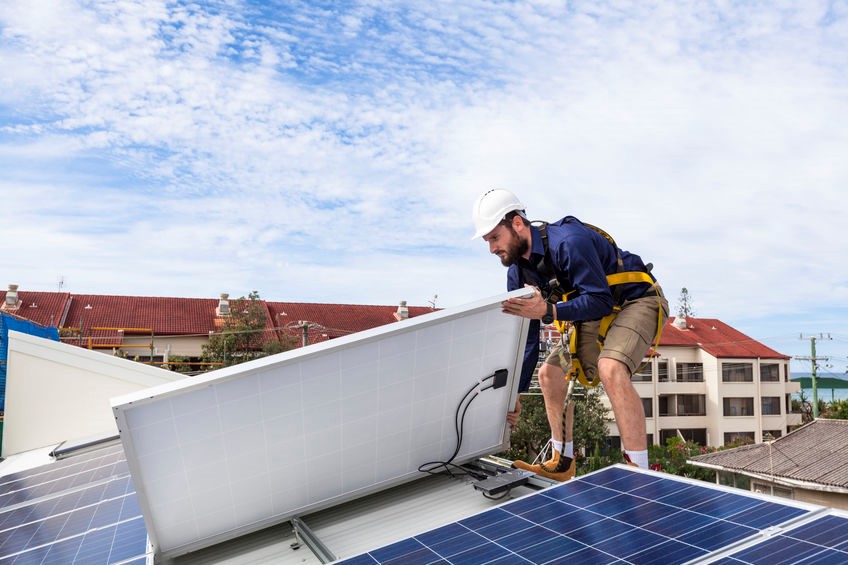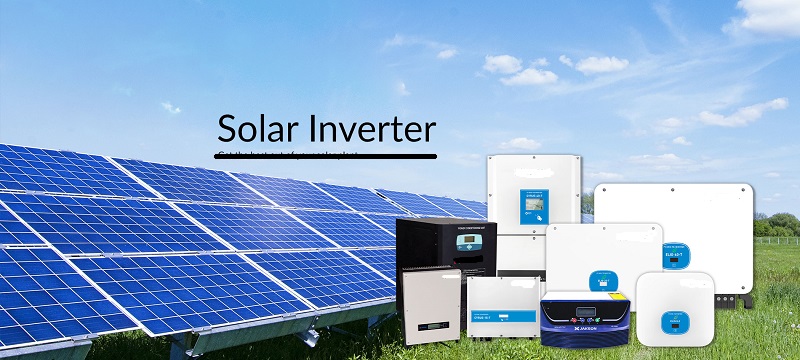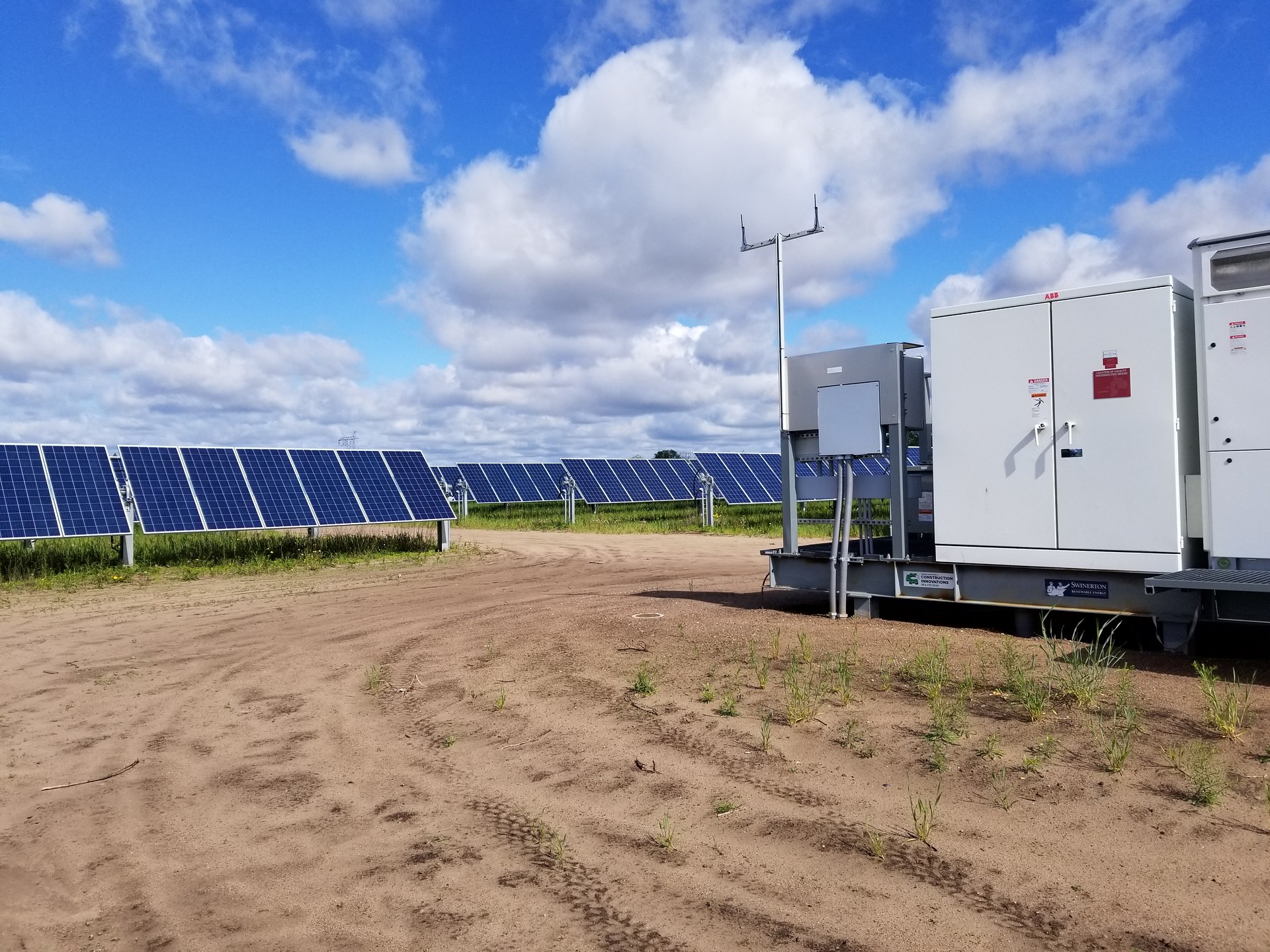If you’re considering installing solar panels, you might be wondering, do you need an inverter for solar panels? The answer is yes! An inverter is a crucial component of any solar energy system. It converts the direct current (DC) electricity generated by your solar panels into alternating current (AC) electricity, which is what most homes and businesses use. In this blog post, we will explore the importance of inverters, the different types available, and how they work with solar panels.
What is an Inverter?
An inverter is an electronic device that changes DC electricity into AC electricity. In the context of solar energy, it plays a vital role in making the energy produced by solar panels usable for everyday applications. Without an inverter, the electricity generated by your solar panels would not be compatible with your home’s electrical system.
Why Do You Need an Inverter for Solar Panels?
The primary reason you need an inverter for solar panels is to ensure that the electricity generated can be used in your home. Here are some key points to consider:
- Compatibility: Most household appliances run on AC electricity. An inverter makes the energy produced by solar panels compatible with these appliances.
- Grid Connection: If you plan to connect your solar system to the grid, an inverter is necessary to synchronize the solar energy with the grid’s AC supply.
- Monitoring: Many modern inverters come with monitoring capabilities, allowing you to track the performance of your solar system in real-time.
Types of Inverters
When it comes to solar inverters, there are several types to choose from. Each has its own advantages and disadvantages.
String Inverters
String inverters are the most common type of inverter used in residential solar systems. They connect a series of solar panels (or a “string”) to a single inverter.
- Pros:
- Cost-effective
- Simple installation
- Cons:
- Performance can be affected by shading on one panel
Microinverters
Microinverters are installed on each individual solar panel, allowing for independent operation.
- Pros:
- Better performance in shaded conditions
- Enhanced monitoring capabilities
- Cons:
- Higher initial cost
Power Optimizers
Power optimizers are similar to microinverters but work in conjunction with a string inverter. They optimize the output of each panel before sending the DC electricity to the inverter.
- Pros:
- Improved energy production
- Cost-effective compared to microinverters
- Cons:
- Still requires a string inverter
How Inverters Work with Solar Panels
Inverters play a critical role in the solar energy conversion process. Here’s how it works:
- Solar Panel Generation: Solar panels generate DC electricity when exposed to sunlight.
- Inverter Conversion: The inverter converts this DC electricity into AC electricity.
- Usage: The AC electricity is then used to power your home or sent back to the grid.
This process ensures that the energy produced by your solar panels is usable for everyday applications, making the inverter an essential component of any solar energy system.
Benefits of Using an Inverter
Using an inverter in your solar panel system offers several benefits:
- Efficiency: Inverters maximize the energy output from your solar panels.
- Safety: They help protect your home’s electrical system from overloads and faults.
- Monitoring: Many inverters provide data on energy production, helping you track your system’s performance.
Common Questions About Solar Inverters
Do all solar panel systems require an inverter?
Yes, all solar panel systems require an inverter to convert DC electricity to AC electricity.
Can I use my solar panels without an inverter?
No, without an inverter, the electricity generated by solar panels cannot be used in your home.
How long do solar inverters last?
Most solar inverters have a lifespan of 5 to 15 years, depending on the type and brand.
Can I install an inverter myself?
While it is possible to install an inverter yourself, it is recommended to hire a professional to ensure safety and compliance with local regulations.
READ MORE:
- 4.3kW/24V Hybrid Inverter With MPPT Solar Charge
- Brighten Your Path: The Benefits of Solar Street Lights
- Inverter Generators: The Smart Choice for Reliable Power
- The Ultimate Guide to Hybrid Solar Inverters: Powering Your Home Efficiently
Conclusion
In summary, if you’re asking, do you need an inverter for solar panels? the answer is a resounding yes. An inverter is essential for converting the electricity generated by your solar panels into a form that can be used in your home. Understanding the different types of inverters and their functions can help you make informed decisions about your solar energy system. If you have any questions or need assistance with your solar panel installation, feel free to reach out!


